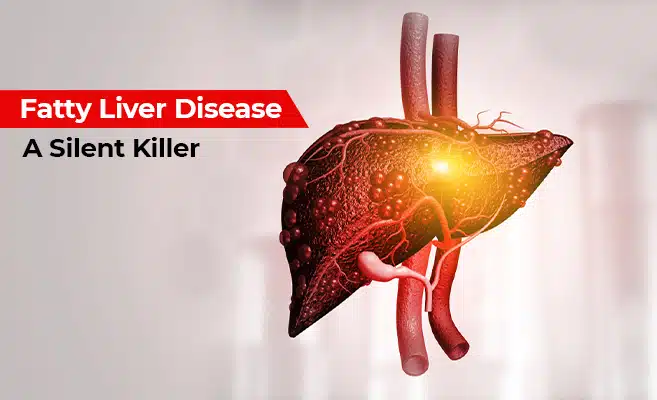A 53-year-old man recently presented to a hospital with alarming symptoms such as black stools, swollen feet, jaundice, and fluid accumulation in his abdomen. These signs led to an urgent medical assessment, where it was revealed that he was suffering from advanced liver disease. Shockingly, he had been unaware of his liver condition until it reached an advanced stage. This case serves as a reminder of the importance of early detection and the dangers of fatty liver disease.
Understanding Fatty Liver Disease
Fatty liver occurs when an excess of fat accumulates in liver cells, which can damage the liver over time. This condition is often linked to obesity, diabetes, excessive alcohol consumption, and high cholesterol levels. Early stages of fatty liver may show no symptoms at all, which can make it difficult for individuals to recognize the problem before significant damage occurs. Common symptoms include abdominal swelling, fatigue, jaundice (yellowing of the skin and eyes), and weight loss—signs that are often mistaken for less serious issues.
In the case of the 53-year-old man, these symptoms marked the progression of his liver disease to the point where liver failure became imminent. By the time he sought medical help, his liver had sustained significant damage, and the only remaining treatment option was a liver transplant.
Rising Incidence of Fatty Liver Disease
Fatty liver disease has become increasingly common over the past few decades. Initially, it was considered a relatively rare condition, but it now contributes to a substantial percentage of liver transplants. In fact, 15 to 20 percent of liver transplants performed today are due to fatty liver disease, a significant rise from just 4 to 5 percent in previous decades. This increase is primarily driven by unhealthy lifestyle choices, including poor diet and lack of exercise, as well as rising rates of viral hepatitis.
The severity of fatty liver disease can vary, and without proper care and lifestyle changes, it can progress to liver failure, as seen in this patient’s case. Unfortunately, many individuals with fatty liver disease may not experience any noticeable symptoms until the damage is already severe.
Prevention and Treatment Options for Fatty Liver
Fatty liver disease can often be prevented or managed effectively if caught early. There are several strategies that can help prevent its development:
- Limit the consumption of fats and sugar.
- Include more fiber and lean protein in your diet.
- Avoid crash dieting or drastic weight loss methods without medical supervision.
- Stay active and avoid a sedentary lifestyle.
- Maintain a healthy weight through regular exercise.
- Limit or avoid alcohol consumption, which can exacerbate liver damage.
- Be extra cautious if you have diabetes and manage your blood sugar levels carefully.
For those who are diagnosed with fatty liver, treatment options depend on the stage of the disease. In its early stages, fatty liver can often be managed with medications and lifestyle modifications. However, in more severe cases, a liver transplant may be the only solution. Advances in surgical techniques have made liver transplants safer and more effective, but it’s essential to seek medical advice promptly to avoid irreversible damage.
Conclusion
This case underscores the importance of being proactive about liver health. Fatty liver disease may not show noticeable symptoms in its early stages, but delaying medical attention can lead to severe consequences. If you experience any unusual symptoms, particularly related to your digestive system, it’s essential to seek medical advice rather than relying on home remedies.
Important Note: Before making any significant changes to your health, it is always advisable to consult with your doctor or healthcare professional. They can offer personalized guidance based on your medical history and current health condition.
For any health-related concerns, please contact us at +91-9058577992 to receive a free consultation from our experienced doctors. Your health is our top priority. Thank you.

